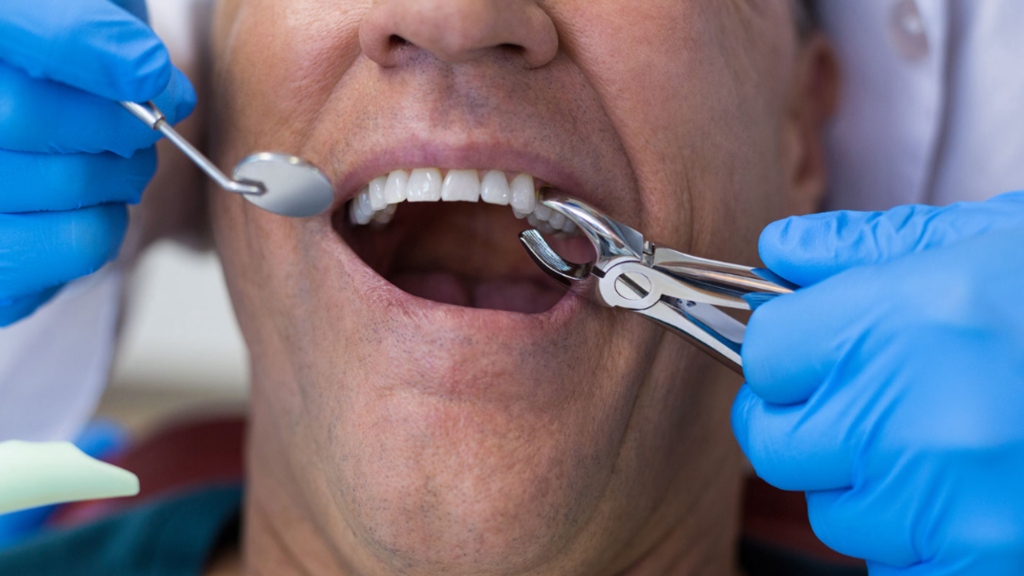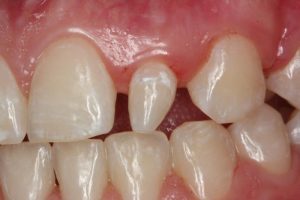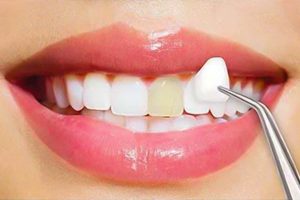I have been having a lot of dental work done. I recently had two root canals done. One of them has never felt quite right. I have a wisdom tooth that is infected and my dentist wants to remove it. I’m all for that. However, I also want to remove the tooth that had the root canal treatment. He won’t do it. I’m waiting until I can get both done. Is there anything I can say to convince him to take that tooth out?
Stacey
Dear Stacey,
While I am sure you can find a dentist who would be willing to take out the extra tooth that you would like removed, I’m not sure you want to do that. If your dentist thought the tooth was infected, he would certainly take it out. After all, he would make more money taking out an extra tooth.
So why your dentist won’t remove tooth? The only reason I can think of is he has integrity and is not willing to take your money unnecessarily. In all honesty, I think that is something to be grateful for.
Please don’t put off getting that infected wisdom tooth removed. A tooth infection is serious and will spread. If you think about how close your jaw is to your heart, you do not want the infection reaching there. You are putting yourself in serious risk by holding out to try to convince him to do this other tooth. Sometimes, dentist won’t remove wisdom teeth due to different important reasons.
Wondering Why Won’t My Dentist Pull My Tooth?
Wondering Why Dentist Won’t Pull Teeth? Have a look at a few reasons.
- Preservation of Natural Teeth: Dentists prioritize the preservation of natural teeth whenever possible. Removing a tooth is irreversible, and dentists aim to explore alternative treatments, such as root canal therapy or dental crowns, to save a compromised tooth rather than resorting to extraction.
- Functional Considerations: Natural teeth play a crucial role in maintaining proper oral function, including chewing and speaking. Dentists may avoid removing a tooth if it still contributes to the overall functionality of the patient’s bite. Preserving functional teeth is essential for maintaining oral health and preventing issues with neighboring teeth.
- Cosmetic Concerns: Dentists consider the aesthetic impact of tooth removal on a patient’s smile. Missing teeth can lead to changes in facial appearance, affecting both the alignment of surrounding teeth and the overall symmetry of the face. Dentists aim to maintain a harmonious and natural-looking smile whenever possible.
- Prevention of Further Complications: Extracting a tooth can sometimes lead to complications, such as the shifting of adjacent teeth or problems with the bite. Dentists may choose to explore alternative treatments to avoid potential issues that may arise after tooth removal and to ensure the long-term stability of the oral structures.
- Patient’s Overall Health: Dentists take into account the patient’s overall health when deciding on tooth extraction. Removing a tooth may pose risks, especially for individuals with certain medical conditions. Dentists may prioritize conservative treatments to minimize potential complications and maintain the patient’s well-being.
It’s important to note that each case is unique, and dentists consider various factors, including the patient’s specific condition, preferences, and overall dental health when making decisions about tooth extraction. Seeking professional advice and discussing concerns with your dentist is crucial for understanding the reasons behind their recommendations.
How to Convince Dentist to Pull Teeth?
If you still want to insist on having both removed, as I said earlier, I am sure you can find a dentist willing to take your money.
It’s essential to approach discussions about tooth extraction with your dentist openly and transparently, as they prioritize your overall oral health. If you believe that tooth extraction is necessary and want to discuss this option with your dentist, consider the following steps:
- Express Your Concerns: Communicate the issues you are experiencing with the particular tooth or teeth. Explain any pain, discomfort, or functional problems you may be facing. Your dentist needs to understand the impact on your daily life.
- Ask Questions: Inquire about the reasons your dentist is hesitant to extract the tooth. Understanding their perspective and reasoning can help you make an informed decision. Ask about potential risks, benefits, and alternative treatments.
- Discuss Treatment Options: Explore alternative treatments that may address your concerns without resorting to extraction. Dentists often consider various options such as root canal therapy, crowns, or other restorative procedures to save a compromised tooth.
- Consider Future Implications: Discuss potential long-term consequences if the tooth is not extracted. Understanding the risks of leaving the tooth untreated can provide insight into the importance of taking action.
- Consultation with Specialists: If your dentist remains hesitant, consider seeking a second opinion from another dental professional or a specialist, such as an oral surgeon. An additional perspective may provide clarity and alternative solutions.
- Emphasize Personal Preferences: If there are factors beyond immediate oral health concerns, such as cosmetic considerations or personal comfort, share these with your dentist. Your treatment plan must align with your overall well-being and goals.
- Patient Education: Demonstrate that you have researched and understand the potential outcomes of both extraction and alternative treatments. Showing that you are well-informed may help in fostering a collaborative discussion.
Remember, a successful dentist-patient relationship is built on open communication and trust. Work together with your dentist to find a solution that aligns with both your oral health needs and their professional expertise. If needed, seek additional opinions to ensure you are making an informed decision about your dental care.








